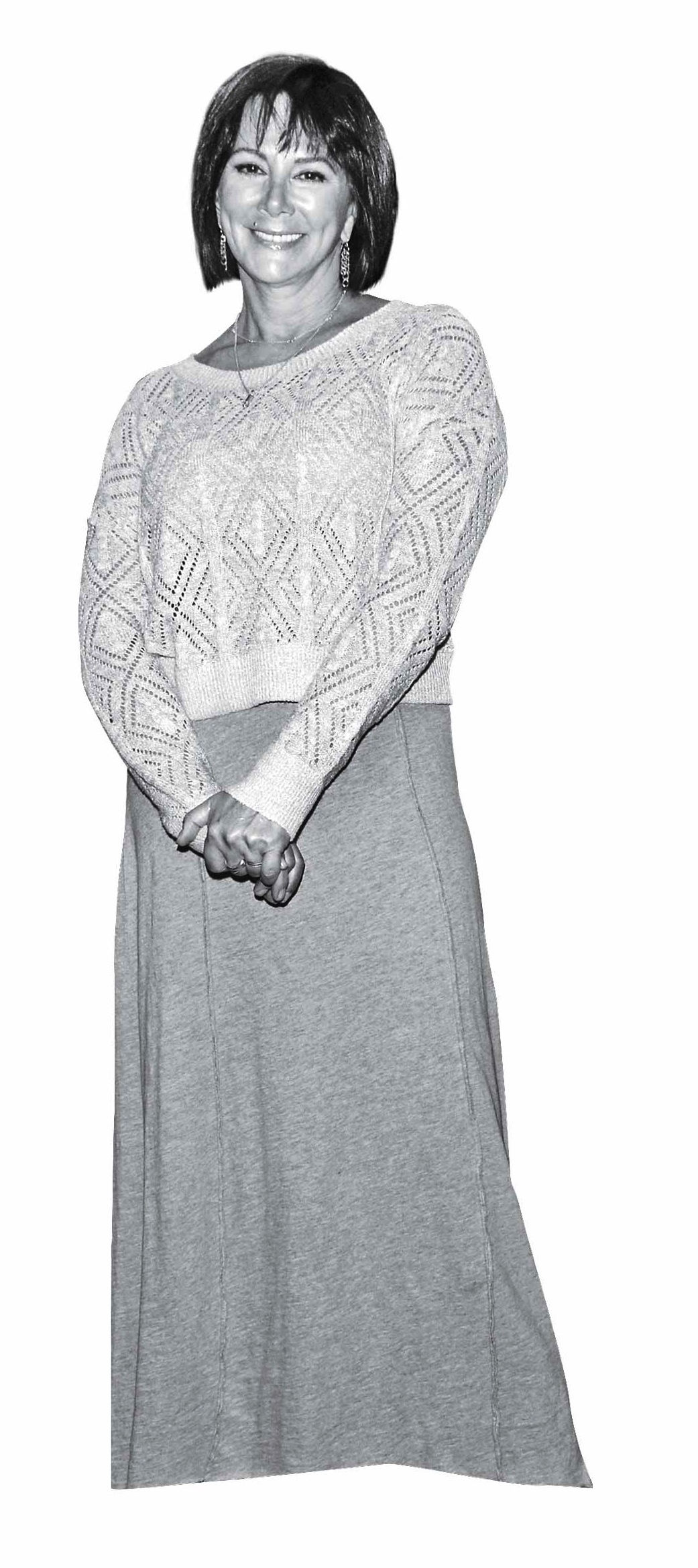
Correction appended, June 27, 2014
Your fourth novel, The Competition, involves a mass shooting at a high school. Did you want it to be part of the conversation about schoolyard assaults?
When I wrote it, I was reaching back to Columbine, thinking, How do kids end up this way? Who wants to believe that their child goes to a school that’s a death zone? Then came Sandy Hook and then one after another after another after another. It was so upsetting. For a minute there, I thought maybe I should drop this book.
Do you worry that bringing more attention to these killings might inspire copycats?
We have to talk about it. We have to think about [where] these kids come from and what makes them act out. We can’t bury it. But we don’t want to glorify it either, which is why I hate when they publicize names. You know, [Dylan] Klebold and [Eric] Harris have been out in the ozone for way too long.
In doing research for the book, did you come across any solutions that you think haven’t really been aired yet?
The first place we have to start is helping parents who actually do get on top of things: “I know Johnny has a problem.” The parents in Sandy Hook knew that he was a problem, knew that he was troubled. I think an accurate diagnosis would have helped to establish that [Adam Lanza] should never have been near a gun.
Your protagonist Rachel Knight has been involved in a big public trial characterized by heated emotions. How much of her is based on you?
I gave her all my negative traits–all the good stuff is her. Fiction writing is in no small part wish fulfillment, so I would like to be as cool and interesting and exciting as she is. But no heroine can be interesting if there aren’t flaws, so I gave her mine. She has a big mouth, and she is pretty headstrong, and she can be impulsive.
She hates being called a lady. Is that a bugbear of yours?
Yeah, it is! “Hey, lady” never sounds good. “You ladies” almost gets me more because it makes me think of white gloves and tea parties. It’s not entirely serious. Obviously, one could be called worse things.
Do you still practice law?
I practice appellate law. In California, when a felon is convicted, he is entitled to have the court appoint a lawyer to represent him on appeal. It’s a very different kind of practice from trial work, because we review the transcripts and look for errors that make a difference in the verdict or sentencing. It’s kind of an intellectual thing, but it keeps me on top of the way cases are handled.
Do people still want to talk to you about the O.J. Simpson case?
There is always going to be some kind of interest because it was such a national pastime. There was something about being able to stand in the grocery line and know that you could talk to the person in front of you about a shared experience. It was that kind of bonding experience, if you will. That sounds so sick.
If you could go back 20 years, what would you say now to that Marcia Clark?
I would say that you’ll have a better perspective on this later. At the time, I couldn’t see the degree to which justice could be subverted by fame and the way that fame impacts everybody: the judge, the lawyers, the witnesses. It was inexplicable to me. I’d tell younger Marcia that this will make more sense–not good sense, but more sense–later.
Since the trial, you’ve changed your look. Is that something you were advised to do?
It was actually more life circumstance. At the time of the trial, I had two babies in diapers and I was a single mom. I didn’t have a lot of time to spend on hair, wardrobe, makeup, whatever. So I had a perm–it was just the easiest thing to do. This is getting awfully girly. And then [during the trial] I simply didn’t have enough time to get it permed. So I just blew it out. That was my “big makeover.”
Robert Kardashian was one of Simpson’s lawyers. Did you have any idea that family would become so famous?
No. I really didn’t. I still don’t quite get the whole allure of the Kardashian syndrome. It just eludes me.
Correction: The original version of this story misstated the name of Clark’s novel. It is The Competition.
More Must-Reads from TIME
- Donald Trump Is TIME's 2024 Person of the Year
- Why We Chose Trump as Person of the Year
- Is Intermittent Fasting Good or Bad for You?
- The 100 Must-Read Books of 2024
- The 20 Best Christmas TV Episodes
- Column: If Optimism Feels Ridiculous Now, Try Hope
- The Future of Climate Action Is Trade Policy
- Merle Bombardieri Is Helping People Make the Baby Decision
Contact us at letters@time.com